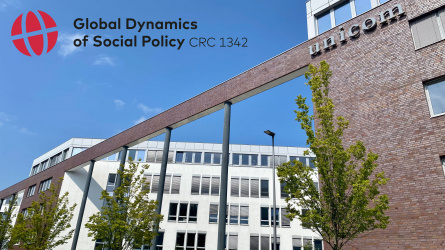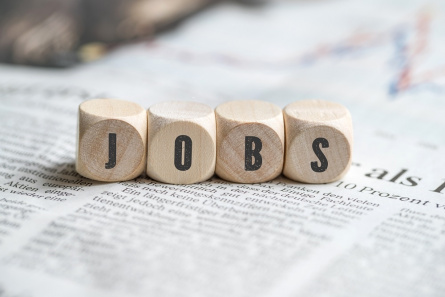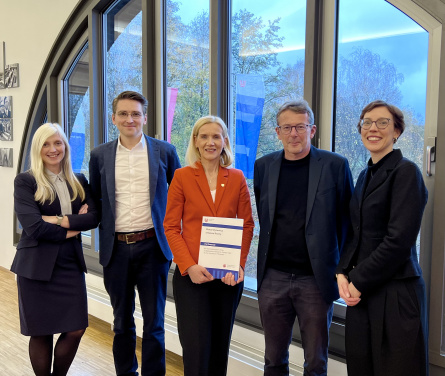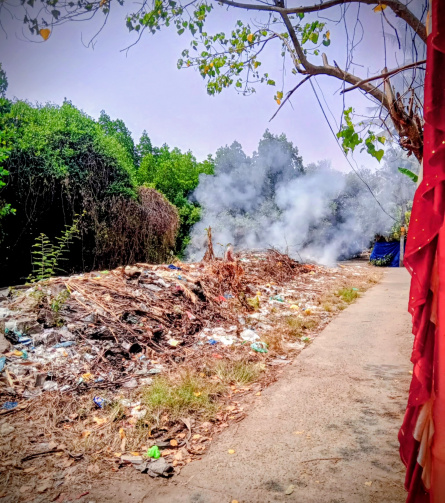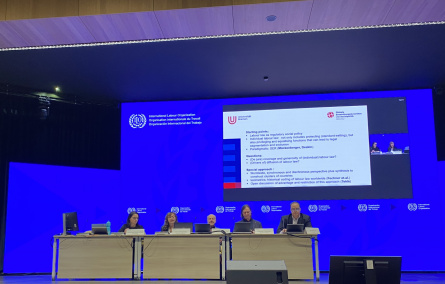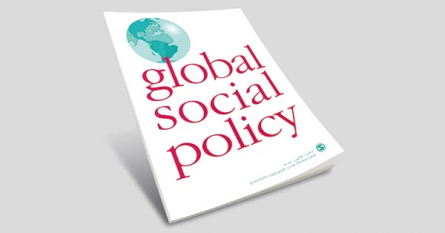Press Release (21.11.2025)The German Research Foundation (DFG) is supporting the Collaborative Research Center 1342 "Global Dynamics of Social Policy" in a third phase for another four years until the end of 2029. In total, over nine million euros have been made available to successfully complete the twelve-year research agenda.
On November 21, 2025, the German Research Foundation's Review Committee for Collaborative Research Centers announced that it would continue to fund CRC 1342 for another four years with over nine million euros. The third funding phase will begin on January 1, 2026.
"We are thrilled about this outstanding success for our university and its partner institutions", commented Prof. Dr. Jutta Günther, President of the University of Bremen. "Over the past eight years, CRC 1342 has established itself as a renowned institution that will now continue to be able to make an important contribution to its interdisciplinary research area for another four years."
Collaborative Research Centers are among the largest and most important research networks supported by the DFG. CRC 1342 began its work in 2018. In addition to SOCIUM as the anchor institute, CRC 1342 involves other research institutes and facilities at the University of Bremen, Constructor University Bremen, Bielefeld University, Marburg University, the University of Bamberg, the University of Mannheim, and the University of Duisburg-Essen. Several non-university research institutes are also participating, including the Research Centre for East European Studies and the German Center for Integration and Migration Research (DeZIM).
In 13 subprojects, around 80 researchers from the fields of political science, sociology, history, geography, law, and computer science are investigating the global effectiveness of state-sponsored social policy. The two funding phases have so far resulted in hundreds of publications in international, peer-reviewed journals, in the form of monographs, anthologies, and policy briefs.
In the third phase, which will begin in January 2026, two project areas will examine how social programs contribute to improving social living conditions and support political integration. In project area A, six subprojects will investigate how social policy affects social and political structures worldwide. In area B, six further subprojects will analyze the social and political consequences of social policy measures in selected countries and regions of the world. The Information Infrastructure Project (INF) will further expand the Global Welfare State Information System (WeSIS). The web-based, interactive system went online in the second funding phase and has been available to researchers and the public free of charge ever since.
Contact:
Prof. Dr. Markus Tepe
University of Bremen
SOCIUM – Research Center on Inequality and Social Policy
Phone: +49 421 218-58520
Email: markus.tepe@uni-bremen.de
Contact:Dr. Maximilian HohmannCRC 1342: Global Dynamics of Social Policy
Mary-Somerville-Straße 3
28359 Bremen
Phone: +49 421 218-57058
E-Mail:
hohmann@uni-bremen.de
